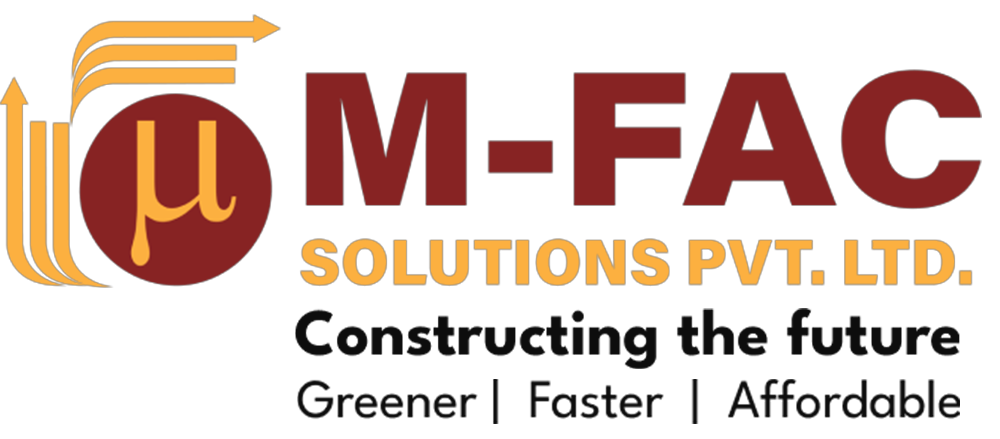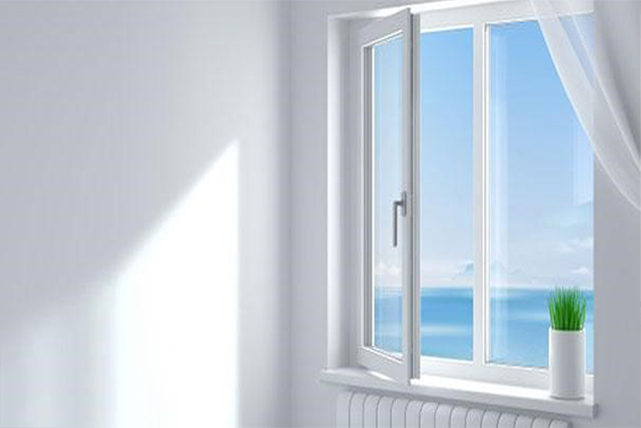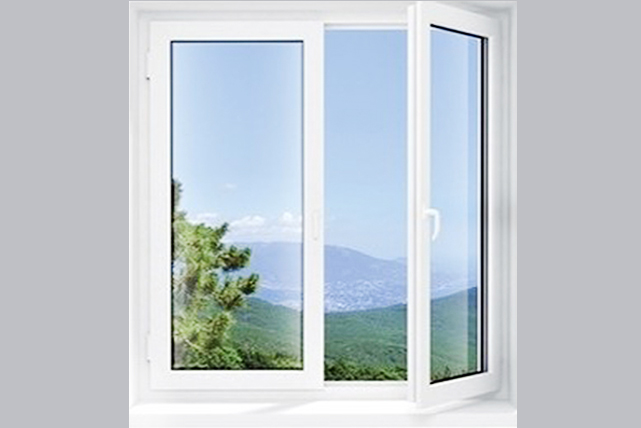UPVC
uPVC (unplasticized polyvinyl chloride) windows are a popular choice for residential and commercial buildings as window frames and sashes. These windows are made from a rigid, durable plastic material known as uPVC.
Advantages of uPVC Windows:
- Low Maintenance uPVC windows are virtually maintenance-free. They do not require painting, sealing, or regular upkeep like wooden frames. Cleaning them with a mild detergent and water is typically sufficient.
- Durability uPVC is a highly durable material that can withstand harsh weather conditions, including rain, snow, and UV radiation, without warping, rotting, or corroding.
- Energy Efficiency uPVC windows have excellent thermal insulation properties, which can help improve energy efficiency in a building. They help to keep indoor spaces warmer in the winter and cooler in the summer, reducing heating and cooling costs.
- Sound Insulation uPVC windows provide effective sound insulation, reducing the transmission of noise from the outside environment into the interior of a building. This is particularly beneficial in noisy urban areas.
- Security uPVC window frames are inherently sturdy, and they can be equipped with advanced locking mechanisms and multi-point locks, enhancing the security of a building.
- Rot and Corrosion Resistance uPVC is resistant to rot, corrosion, and decay, making it ideal for long-term use in various climates.
- Affordability uPVC windows are generally cost-effective compared to other materials like wood or aluminum, both in terms of initial installation costs and long-term maintenance savings.
- Easy Installation They are relatively lightweight and easy to install, reducing installation time and labor costs.


